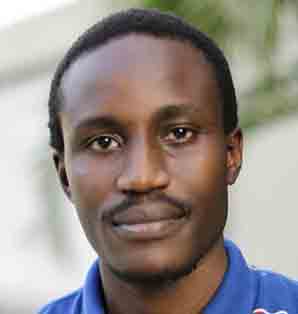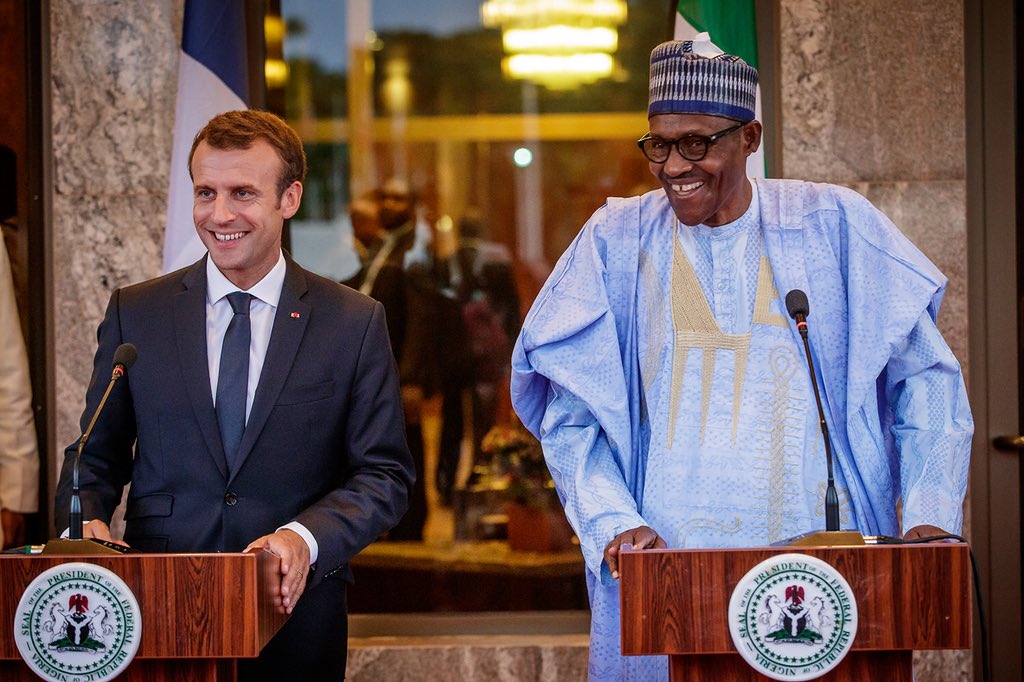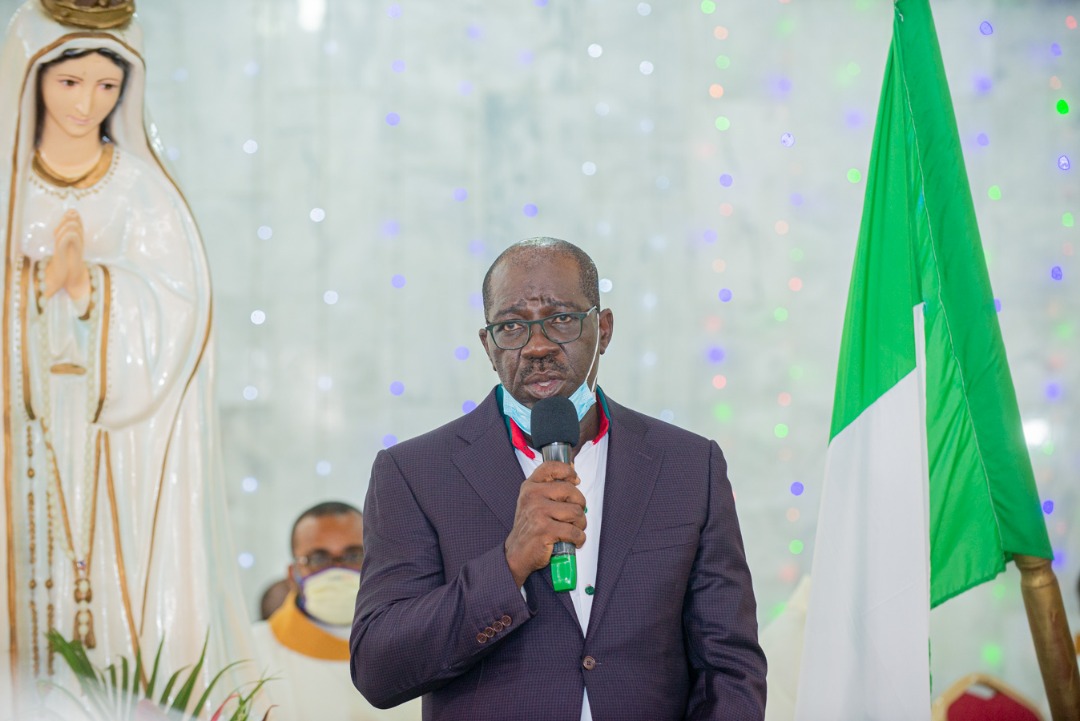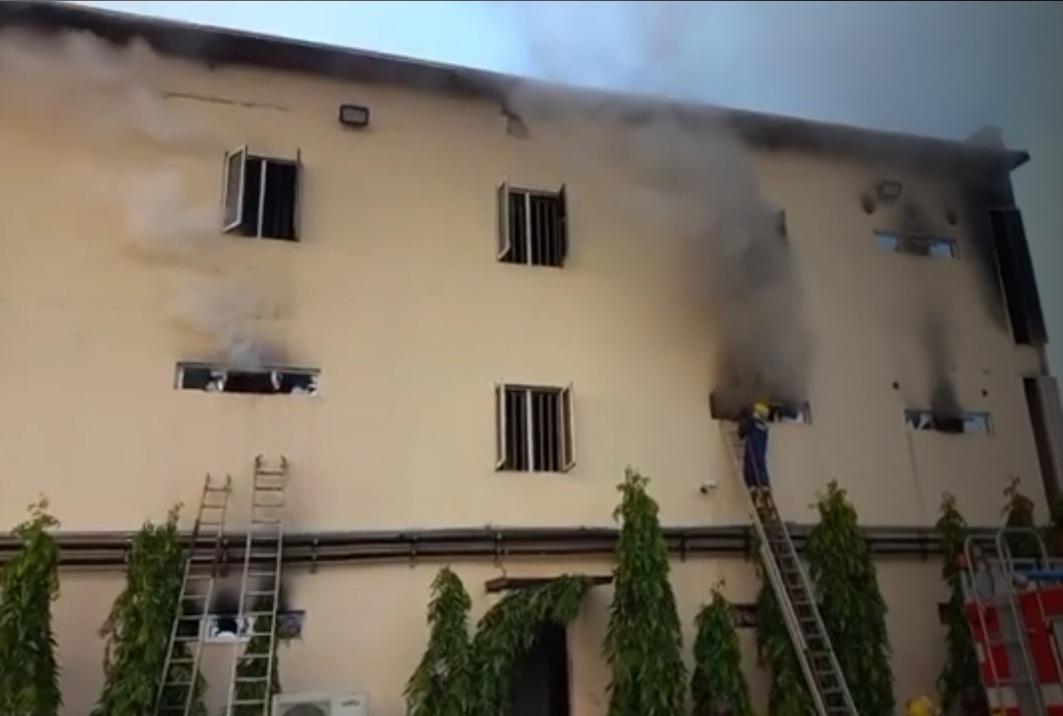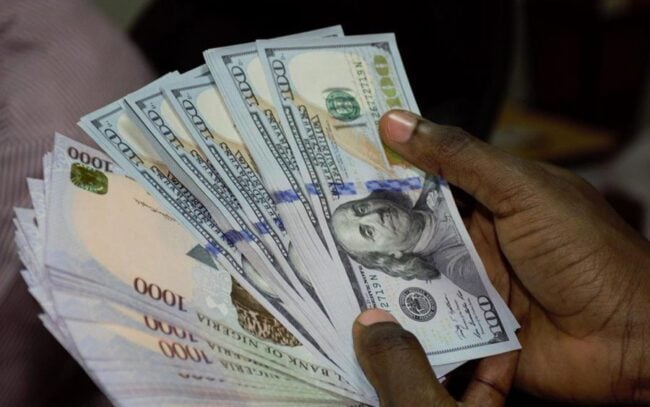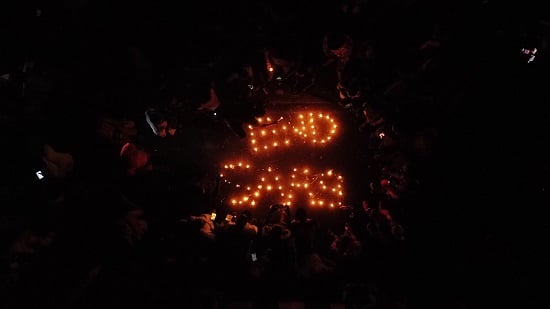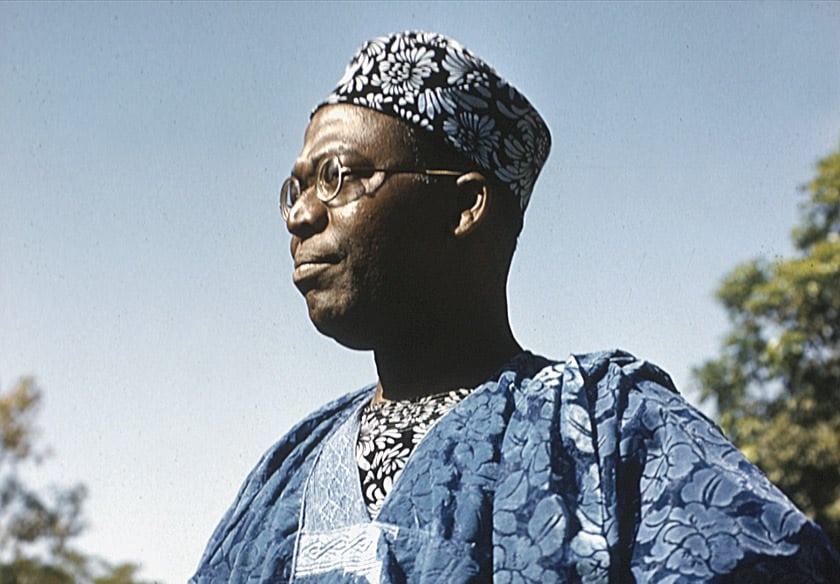I spent the first week of October in Paris, attending the first of two in-person Seminars of the French African Foundation (FAF) Young Leaders Fellowship. Getting selected for that has been one of the highlights of my year. 100 of us (including 9 Nigerians), chosen from nearly 3,000 applicants, for this third edition of a Fellowship jointly supported by French and African Governments and the private sector.
The goal of the Fellowship is to among other things build bridges and connections, and dismantle stereotypes and prejudices, among the Fellows.
We spent a week in Paris (including a trip to Montpellier, three hours south by train, for the 2021 Africa-France Summit, hosted by President Macron), and will meet again in Dakar early next year.
These are indeed interesting times for relations between France and the African continent. France is actively trying, under President Macron, to shed what is widely considered to be a problematic historical relationship with Africa (“Francafrique.”)
Advertisement
Sixty years ago this year – 1961 – newly-independent Nigeria broke diplomatic ties with France on account of France’s decision to carry out a second atomic bomb test in Algeria’s Sahara region. Those were the days of a more militant Nigerian diplomacy, in keeping with the times (Cold War era, the fresh exuberance of hard-won Independence, presumably high levels of French colonial condescension).
So it’s really interesting to be on this Fellowship sixty years later, and to have a chance to reflect on the rapidly changing dynamics between France and the African continent.
Here are my thoughts from the week in Paris:
Advertisement
One. The resetting France wants will have to be pursued primarily on a ‘disaggregated’ basis. Africa’s not a country, right? Any country seriously seeking to engage or re-engage will need to find a way to operate on a second level, the national one, apart from the default continental perspective.
While there is so much that is common to African countries, not least of which is demographic context (young, fast-growing populations), and impressive amounts of youth-led innovation and entrepreneurial ambition, there can also be much that is very different between countries, even neighboring ones.
Colonial history and language, for example. The general national attitudes to France will greatly vary depending on whether your country was colonized by France or not. And even among the French colonies, significant differences will exist between the Arab and the sub-Saharan former colonies, and even between the sub-Saharan ones. All of these differences, no matter how small, must be acknowledged and considered.
Two. One of the best decisions I took was to join a #ParisNoir (‘Black Paris’) guided tour that unveiled a side of the city and the country that’s not often talked about – the place of black people in history.
Advertisement
So there’s such a thing as the French Pantheon, an imposing monument in the city’s 5th Arrondissement, modeled on a similar, older one in Rome, and into which France admits the corpses (actual or symbolic) of men and women deemed to be “National Heroes”.
Standing outside the Pantheon (it wasn’t open at the time we visited), our guide Kevi Donat (a big shout-out to him for making available such a knowledgeable tour!) gave us a richly detailed narrative about slavery and colonialism and black achievement in Paris (By the way, there are today fewer black people active and prominent in French politics than in the 1950s, he told us).
Of the 76 heroes currently interred —or memorialised —in the Pantheon, only 5 are of black or African origins (all are men), and only 4 are women, all white.
The Black/African men are Alexandre Dumas (born of an enslaved African grandmother; some accounts say she could have been Yoruba), Félix Eboué (the first black Governor of Chad, and father-in-law of Leopold Senghor), Toussaint L’Ouverture (leader of the Haitian revolution), Louis Delgres (Guadeloupian Resistance Fighter, against French occupation) and Aimé Césaire (Martinician writer, intellectual, politician and co-founder of the Negritude Movement).
Advertisement
Interestingly, the most recent admission – in 2021 – is of Josephine Baker, singer, entertainer, activist, icon of the French Resistance, and a black woman; the first black woman to be so honoured. She was born American, and took up French citizenship. In November, her body will be moved from Monaco, where she was buried upon her death in 1975, to the Pantheon in Paris.
Three. Anglophone Africans may find it difficult to really relate to much of the above; France being peripheral when it comes to our default colonial, cultural and historical lines of sight. This much was clear, listening for example to Francophone speakers at the Montpellier Summit asking France to apologize for Françafrique (the persisting and now-much-criticized French influence/dominance over its former sub-Saharan African colonies). It appears that we in Nigeria, to cite the country I’m most familiar with, had a rather different relationship with our colonial overlords.
Advertisement
This is the very reason why France should seek to go beyond the continental group-hug to engage more with African countries on an individual basis, designing and implementing country-specific engagement plans, that fully account for the peculiar contexts of each country’s relationship with France – history, trade, politics, slavery, colonial, etc.
Four. Back to the black aspects of Paris: Pan-Africanism and the Negritude Movement have strong ties to Paris; the “first pan-African Congress” held there in 1919, while the Negritude Movement was born there. In September 1956, the First International Congress of Black Writers and Artists held at the Sorbonne, bringing together such luminaries (more than 60 male delegates in all – no women – from two dozen countries) as Léopold Senghor, Aimé Césaire, Richard Wright and Frantz Fanon.
Advertisement
In the last 20 years France has started to more seriously reckon with its involvement in slavery. It celebrated 150 years of the abolition of slavery in 1998; passed, in May 2001, a Law recognizing Slavery and the Slave Trade as “crimes against humanity”; and, starting from 2006, proclaimed May 10 of every year as a National Day commemorating the Abolition of Slavery.
Five. In the words of one of the several fantastic speakers who addressed us during the week, “Every French President wants to change the relationship with Africa.” He went on to make the important point that, at this point in history, it should be the young people of France and of Africa driving the recalibration of the relationship.
Advertisement
It appears that President Macron has realized this, hence the decision to depart from the traditional format of France-Africa (or Africa-France) Summits, featuring Heads of State and Government, and to make the 2021 edition focus on youth and civil society groups and issues. The desired resetting of the relationship will now no longer happen primarily in presidential mansions, it seems, but instead in boardrooms and start-ups and civic spaces.
Six. One important point to keep in mind, France’s biggest economic relationships in sub-Saharan Africa today exist outside of Francophone Africa / CFA Zone, and instead in Nigeria, South Africa and Egypt. Similarly, the CFA zone’s biggest foreign trade and commercial partner today is China, not France.
We must therefore not only confront historical legacies, we must also be prepared to face contemporary realities and act based on them. It is very important to seek to balance the relative weights of past and present, as we chart a course for what the future should look like.
One of such contemporary realities is that there is so much potential for trade and investment between Nigeria and France. Dr. Ola Orekunrin-Brown (who participated in the Africa-France Summit, in Montpellier) has written in detail about these (youth-led) opportunities.
Sixty years after the Nigerian diplomatic spat occasioned by the French insistence on atomic bomb tests in Africa, we live in a very different world. The original Cold War is long dead; colonialism is naturally a more distant memory today than it was six decades ago; China is now actively present in the picture; and, most importantly, the Internet and digital technologies have opened new vistas, allowing young Africans greater visibility and (potential) agency in the exercise of political and economic power in their various countries.
By actively courting Nigeria’s leading business persons, France is definitely on the right track. French Minister for Foreign Trade and Attractiveness, Franck Riester paid a high-profile visit to Lagos and Abuja in April, and President Macron has hosted a group of Nigeria’s richest men at least twice this year, in addition to the inauguration of the France-Nigeria Business Council in June this year. The expanding Nigerian footprint of the Agence Française de Développement (AFD) – one of the sponsors of the Young Leaders Fellowship – is also welcome.
The relationship will have to be two-way, no doubt. As France pursues economic interests, Nigeria must also be just as deliberate and clear-eyed about taking advantage of the new age of Franco-African opportunity. It should not only be about France investing in Nigeria – Nigeria should also be investing in France, for economic returns. Minister Riester did say in April, in Nigeria, that “we want more Nigerian investments in France.”
Think about Dangote or Globacom or UBA operating actively in France, or about Nigerian VC/PE firms putting money in French start-ups, or young Nigerian and French nationals banding together to start multinational businesses, or processed Nigerian agricultural goods capturing market share in France. Stuff like that.
I also think that a big part of this Nigerian and African deliberateness about engagement with France has to involve greater language exposure – more Nigerians must seek to be bilingual. There’s an entire world we’re shut off from because of our default monolingual (I’m speaking here in the context of international languages) habits.
One thing that struck me from spending a week with 99 amazing Young Leaders was that all the Francophone Fellows were bilingual (varying degrees of English proficiency, but all good enough to converse and to thrive in an English environment) while the Anglophones tended to speak only English. It’s our loss, really. More languages mean more worlds, more perspectives, an amplifying of opportunities.
And we must start changing it. We must change our (currently nonchalant) national attitudes to learning international languages, for us to fully benefit from the opportunities in the emerging new relationship.
Postscript. I would like to welcome the new French Ambassador-designate to Nigeria, H.E. Emmanuelle Blatmann as she commences her new tour of duty. (She’s moving to Nigeria from Sudan, which I’m told has one of the largest Nigerian diasporan populations in the world). Wishing her the very best at this very pivotal time in the relations between Nigeria and France. Bienvenue au Nigeria!
Views expressed by contributors are strictly personal and not of TheCable.
